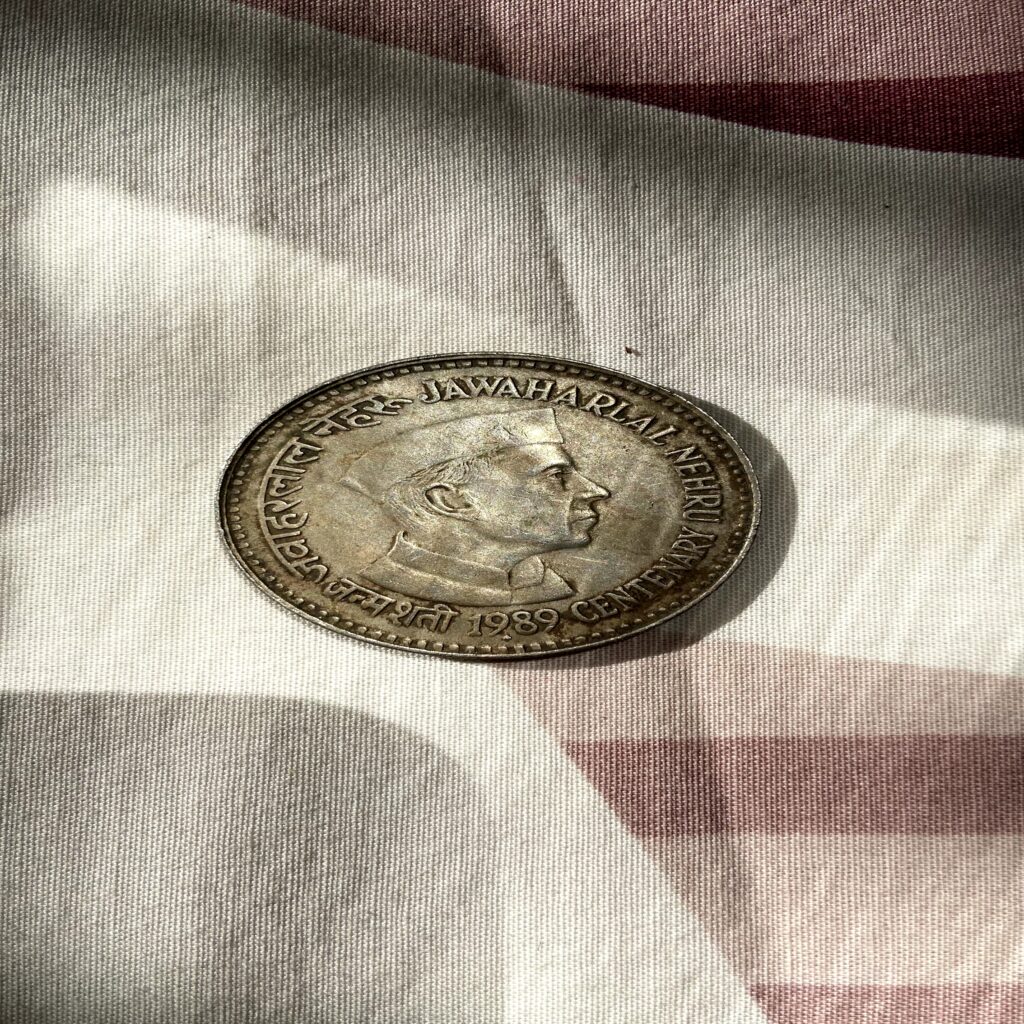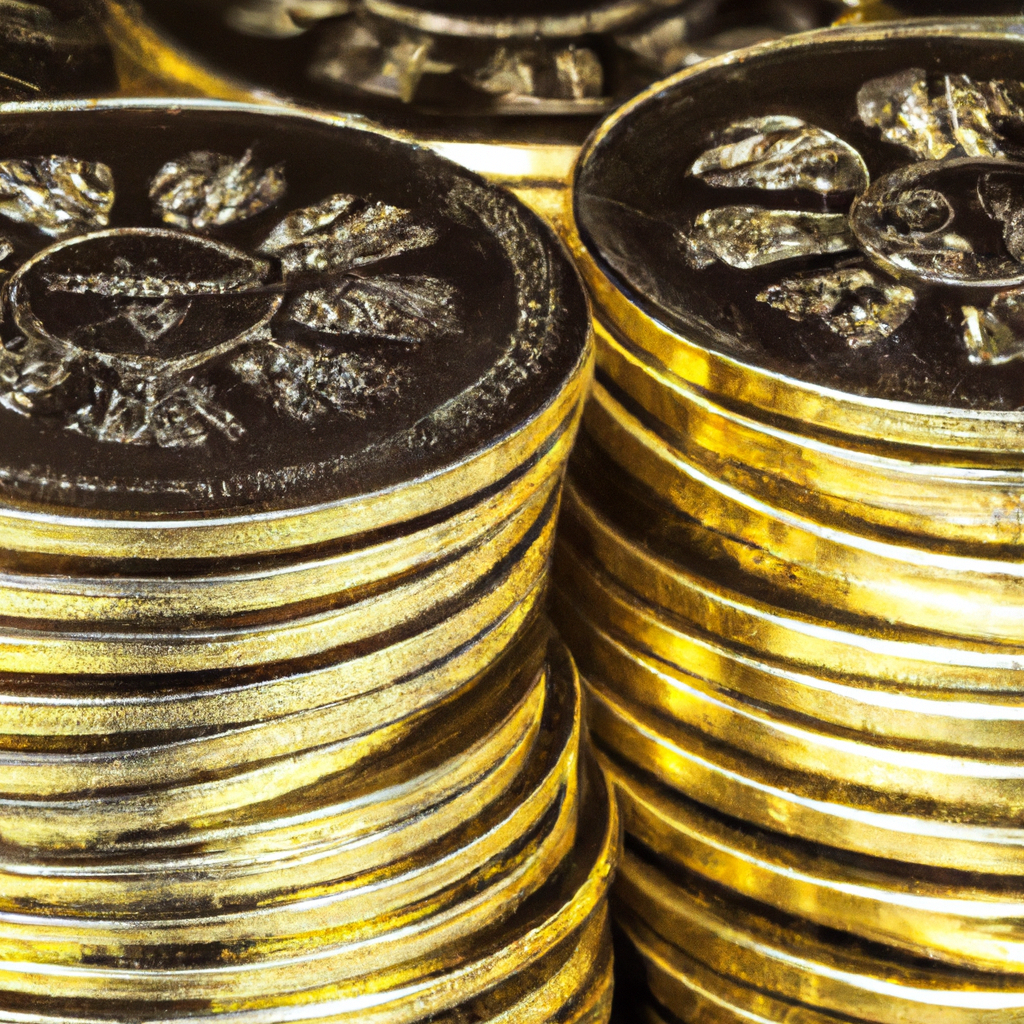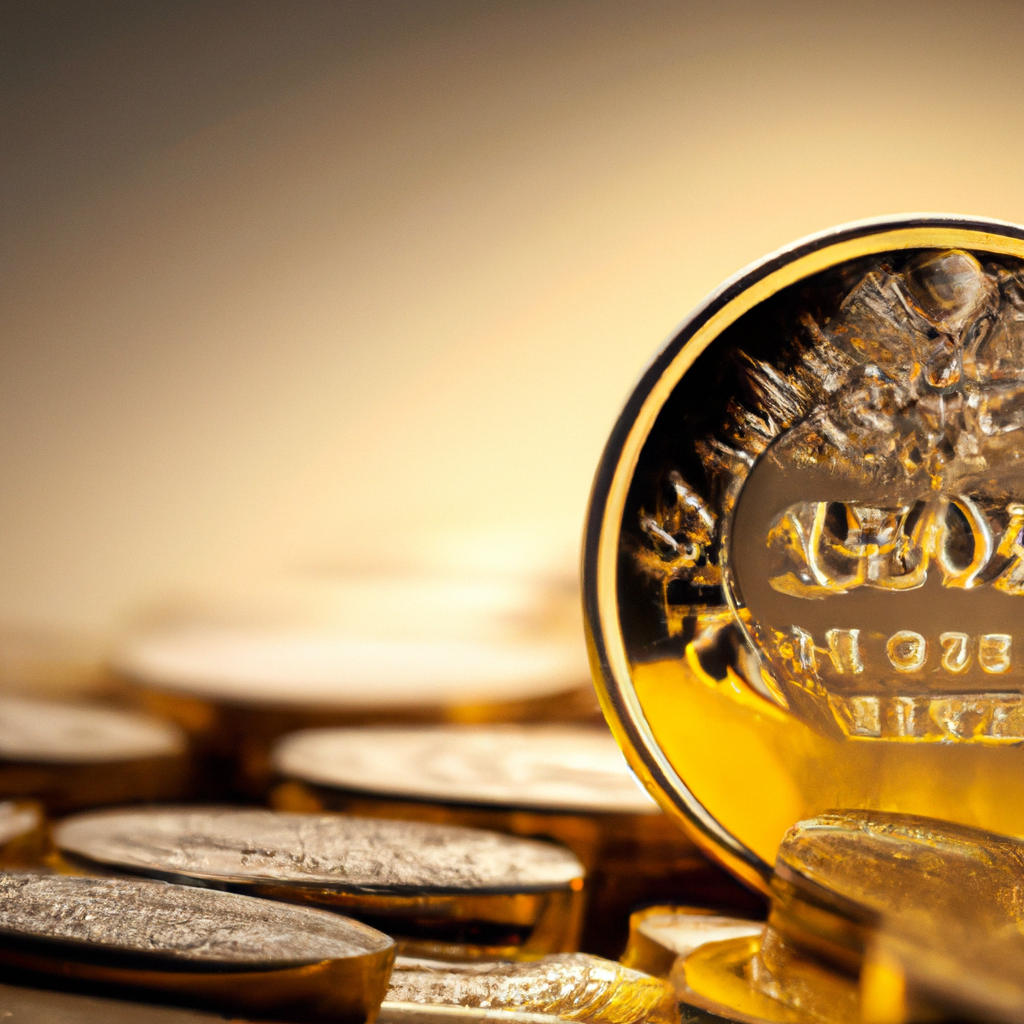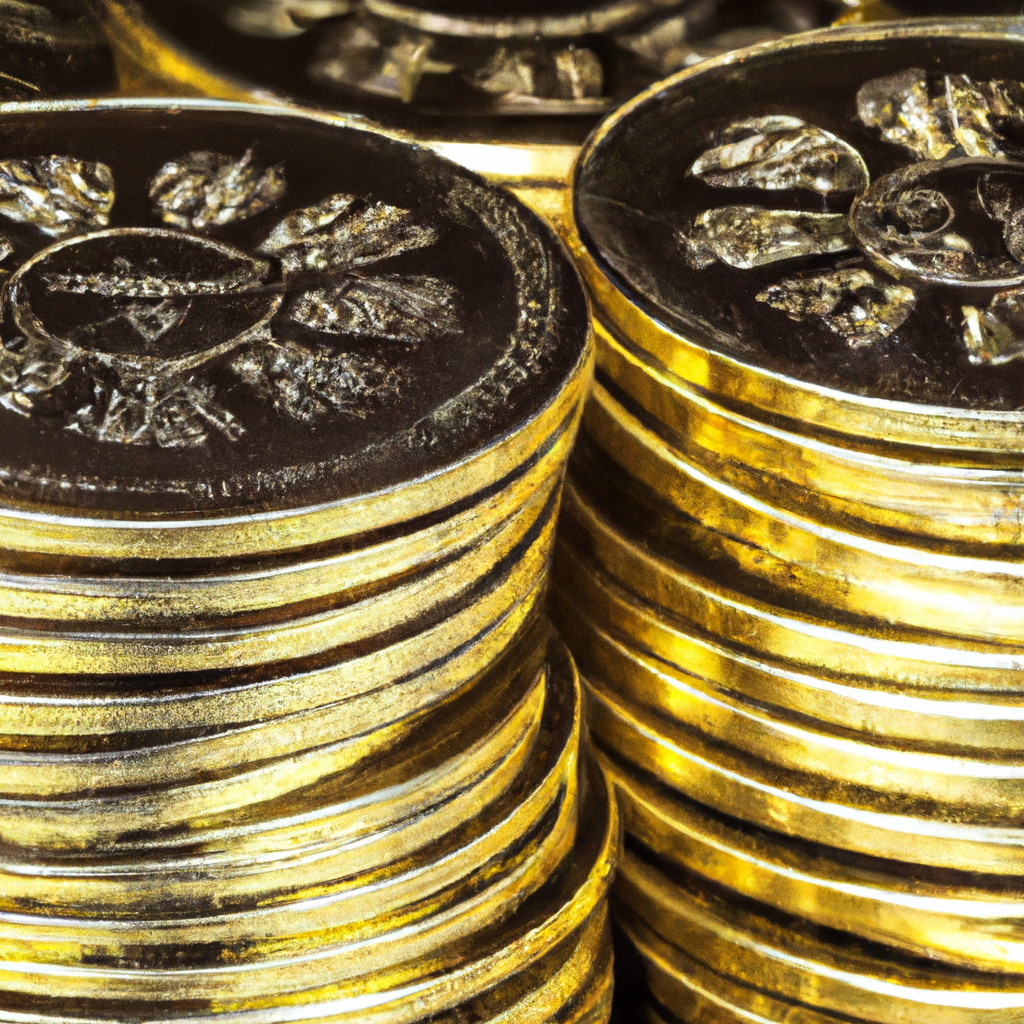Are you a gold investment enthusiast curious about the export regulations surrounding gold coins from Malaysia? Well, you’re in luck because this article delves into the topic, providing you with valuable insights and information. Stay tuned to discover whether there are any restrictions in place when it comes to exporting gold coins from Malaysia, and gain a deeper understanding of the gold investment landscape. So, let’s dive right in and uncover the key aspects you need to know!
The Gold Market in Malaysia

Introduction to the gold market
The gold market in Malaysia is a thriving industry that attracts both local and international investors. Gold has been a popular investment option for centuries due to its intrinsic value and ability to act as a hedge against inflation and economic uncertainty. In Malaysia, gold is not only seen as a form of investment but also holds cultural significance in various ceremonies and traditions.
Current state of the gold market in Malaysia
The current state of the gold market in Malaysia is dynamic and influenced by various factors. The demand for gold has been steadily increasing over the years, driven by factors such as economic conditions, inflation, and changes in government policies. Gold prices in Malaysia are determined by global prices and local factors such as currency exchange rates and import duties.
Factors driving the demand for gold in Malaysia
There are several factors that contribute to the high demand for gold in Malaysia. Firstly, gold is widely considered a safe haven during times of economic uncertainty. Investors often turn to gold as a store of value and a hedge against inflation. Additionally, cultural traditions and beliefs play a significant role in driving the demand for gold. Gold jewelry is a common gift for special occasions such as weddings and festivals in Malaysia.
Exporting Gold Coins from Malaysia
Overview of gold coin export regulations
Exporting gold coins from Malaysia is subject to certain regulations and restrictions. These rules are in place to ensure the proper control and monitoring of the gold market, prevent illegal activities, and protect the country’s economic interests. It is important for individuals and businesses to be aware of these regulations before engaging in the export of gold coins.
Laws and restrictions on the export of gold coins
The export of gold coins from Malaysia is governed by various laws and regulations. These laws aim to prevent the illegal smuggling of gold and ensure compliance with international trade standards. It is essential to understand the specific laws and restrictions imposed by the relevant authorities to avoid penalties and legal consequences.
Understanding the relevant authorities and agencies
Several authorities and agencies play a crucial role in regulating the export of gold coins from Malaysia. Bank Negara Malaysia (BNM) is the central bank that oversees and regulates the country’s financial system, including the gold market. The Customs Department of Malaysia and the Royal Malaysian Customs Department (RMCD) are responsible for enforcing customs regulations related to the export of gold coins. The Malaysian Investment Development Authority (MIDA) provides guidance and support for businesses involved in the gold industry.
Documentation and procedures for exporting gold coins
Exporting gold coins from Malaysia requires proper documentation and adherence to specific procedures. These include obtaining the necessary permits and licenses, completing customs declarations accurately, and following the guidelines provided by the relevant authorities. It is important to consult with experts or seek professional advice to ensure compliance with the required documentation and procedures.
Taxation and duties on exported gold coins
Exporting gold coins from Malaysia may be subject to taxation and duties. The Goods and Services Tax (GST) is a consumption tax that applies to the export of goods, including gold coins. Import duties may also be imposed by foreign countries, which can affect the profitability of exporting gold coins. Understanding the tax and duty implications is essential for individuals and businesses involved in the export of gold coins.

Regulatory Bodies and Authorities
Bank Negara Malaysia (BNM)
Bank Negara Malaysia (BNM) is the central bank of Malaysia and plays a pivotal role in regulating the gold market. BNM formulates and implements policies to maintain financial stability, promote monetary stability, and ensure the integrity of the financial system. It sets guidelines and regulations for the export of gold coins from Malaysia and monitors the overall functioning of the gold market.
Customs Department of Malaysia
The Customs Department of Malaysia is responsible for enforcing customs regulations related to the export of goods, including gold coins. It plays a crucial role in ensuring compliance with international trade standards, preventing illegal activities, and protecting the country’s economic interests. The department carries out inspections, conducts audits, and imposes penalties for non-compliance with customs regulations.
Royal Malaysian Customs Department (RMCD)
The Royal Malaysian Customs Department (RMCD) is a specialized agency under the Ministry of Finance in Malaysia. It is responsible for implementing and enforcing customs laws, regulations, and procedures. RMCD plays a pivotal role in regulating the export of gold coins, ensuring the proper collection of customs duties, and preventing smuggling and illegal trade activities.
Malaysian Investment Development Authority (MIDA)
The Malaysian Investment Development Authority (MIDA) is a government agency that promotes and facilitates investments in Malaysia. It provides guidance and support for businesses in various sectors, including the gold industry. MIDA plays a crucial role in attracting foreign investments, promoting export-oriented industries, and assisting businesses in complying with regulations and procedures related to gold coin exports.
Bank Negara Malaysia (BNM) Guidelines
Purpose of BNM guidelines
The guidelines issued by Bank Negara Malaysia (BNM) serve the purpose of regulating and monitoring the export of gold coins from Malaysia. These guidelines aim to ensure the integrity and stability of the gold market, prevent illegal activities, and protect the country’s economic interests. Compliance with BNM guidelines is essential for individuals and businesses involved in the export of gold coins.
Rules and regulations for exporting gold coins
The rules and regulations for exporting gold coins from Malaysia, as outlined by Bank Negara Malaysia, cover various aspects such as documentation requirements, reporting obligations, and compliance with international trade standards. These regulations are designed to maintain transparency, prevent money laundering, and facilitate the proper control and monitoring of the gold market.
Reporting requirements for gold coin exports
Bank Negara Malaysia requires individuals and businesses exporting gold coins to comply with reporting requirements. These requirements involve providing accurate information regarding the quantity, value, and destination of the exported gold coins. Reporting obligations aim to enhance transparency, enable monitoring of gold flows, and ensure compliance with international trade standards.
Customs Regulations
Customs procedures for exporting gold coins
The Customs Department of Malaysia and the Royal Malaysian Customs Department (RMCD) have specific procedures in place for exporting gold coins. These procedures include the submission of customs declarations, completion of relevant forms, and compliance with customs regulations. It is important to follow these procedures meticulously to avoid any delays, penalties, or confiscation of gold coins during the export process.
Declaration and documentation requirements
Exporting gold coins from Malaysia requires accurate and complete customs declarations. These declarations should include details such as the description and quantity of gold coins, their value, and the destination country. Additionally, supporting documentation such as invoices, permits, and export licenses may be required. Compliance with declaration and documentation requirements ensures transparency and facilitates the smooth export of gold coins.
Prohibited and restricted items
Certain items are prohibited or restricted from exportation, including gold coins that have cultural or historical significance to the country. It is important to be aware of these items and comply with the relevant regulations to avoid violating customs regulations. Exporters should consult with the Customs Department or seek professional advice to determine the legality of exporting specific gold coins.
Export Licensing and Permits
Obtaining necessary export licenses
Exporting gold coins from Malaysia may require obtaining specific export licenses. These licenses are issued by the relevant authorities and agencies, such as Bank Negara Malaysia or the Malaysian Investment Development Authority (MIDA). The process of obtaining export licenses involves submitting an application, providing relevant documentation, and complying with the guidelines and regulations set forth by the issuing authority.
Applying for necessary permits
Apart from export licenses, certain permits may be required for the export of gold coins. These permits may be specific to the destination country or cover compliance with international trade standards. It is crucial to identify the necessary permits and ensure their acquisition and validity before engaging in the export of gold coins. Professional assistance can be sought to navigate the permit application process effectively.
Complying with licensing requirements
Compliance with licensing requirements is essential for individuals and businesses involved in the export of gold coins from Malaysia. This includes adhering to specific guidelines, maintaining accurate records, and fulfilling reporting obligations. Failure to comply with licensing requirements can result in penalties, legal consequences, and negative impacts on reputation and business operations.

Taxation and Duties
Understanding tax and duty implications
Exporting gold coins from Malaysia may have tax and duty implications. It is important to understand the relevant tax laws and regulations in Malaysia, as well as those of the destination country. This includes familiarizing oneself with the Goods and Services Tax (GST) and the import duty rates applicable to gold coins. Proper knowledge and planning regarding tax and duty implications can help optimize profitability and compliance.
GST (Goods and Services Tax) on exported gold coins
The Goods and Services Tax (GST) is a consumption tax that applies to the export of goods, including gold coins, in Malaysia. Exporters may be required to register for GST and charge GST on exported gold coins. Understanding the GST regulations, registration requirements, and compliance obligations is crucial to ensure proper taxation and adherence to legal requirements.
Import duties and exemptions
The destination country may impose import duties on gold coins. It is important to be aware of the import duty rates and any applicable exemptions or preferential agreements between Malaysia and the destination country. Knowledge of import duties allows individuals and businesses to factor in these costs and make informed decisions regarding the export of gold coins and pricing strategies.
Penalties and Consequences
Consequences of violating export regulations
Violating export regulations for gold coins from Malaysia can have severe consequences. These consequences may include fines, legal proceedings, loss of reputation, and damage to business operations. It is crucial to adhere to the guidelines, laws, and regulations established by Bank Negara Malaysia, the Customs Department of Malaysia, and the Royal Malaysian Customs Department to avoid such violations and their associated penalties.
Legal implications and penalties
Exporting gold coins without proper licenses, permits, or compliance with export regulations can result in legal implications and penalties. These penalties may include fines, imprisonment, or both. Understanding the legal framework and consequences of non-compliance is essential for individuals and businesses to navigate the gold coin export process legally and avoid unnecessary legal trouble.
Impact on reputation and business
Violating export regulations and engaging in illegal activities can significantly impact an individual’s or business’s reputation and business operations. Non-compliance with export regulations may lead to loss of trust from customers, suppliers, and other stakeholders. The resulting damage to reputation can have long-term negative effects on the business’s ability to operate and attract investment or partnerships.

Alternative Options for Gold Investors
Investing in local gold markets
While exporting gold coins from Malaysia offers opportunities, investors can also consider investing in the local gold markets. Malaysia has a well-established gold market with various options such as gold bullion, gold jewelry, and gold savings accounts. Investing locally may provide a more convenient and regulated option for individuals and businesses looking to benefit from the gold market.
Considerations for buying gold coins in Malaysia
For individuals interested in buying gold coins in Malaysia, certain considerations should be taken into account. These include factors such as authenticity, purity, reputation of sellers, and pricing transparency. Conducting thorough research, consulting with experts, and purchasing from reputable sellers can help ensure a secure and satisfactory gold coin buying experience.
Safekeeping and storage options
For individuals or businesses who possess gold coins, safekeeping and storage options play a vital role in protecting their investments. Various options are available, such as bank deposit boxes, private vaults, and secure storage facilities. Assessing the security measures, accessibility, and cost of different storage options allows investors to make informed decisions to safeguard their gold coins.
Expert Advice and Recommendations
Consulting with gold investment professionals
Given the complexities and regulatory requirements involved in the gold market, consulting with gold investment professionals is highly recommended. These professionals can offer expert advice, guide individuals and businesses through the process of exporting gold coins, and provide insights into market trends and risks. Their expertise can help optimize investment strategies and ensure compliance with relevant laws and regulations.
Understanding market trends and risks
Staying informed about market trends and risks is essential for gold investors. Understanding factors influencing gold prices, market fluctuations, and economic indicators can help individuals and businesses make informed investment decisions. Following reputable financial news sources, conducting thorough research, and consulting with industry professionals help investors stay ahead of market trends and mitigate potential risks.
Diversifying investment strategies
Diversification is a crucial aspect of any investment strategy, including gold investment. Placing all investments in one asset class, such as gold coins, may expose individuals or businesses to unnecessary risk. Diversifying across different asset classes or investment vehicles, such as stocks, bonds, or real estate, can help mitigate risk and optimize returns. It is prudent to consult with financial advisors or investment professionals to develop a well-rounded and diversified investment strategy.
In conclusion, the gold market in Malaysia offers opportunities for individuals and businesses to invest and export gold coins. However, it is important to be aware of the regulations, guidelines, and procedures imposed by authorities such as Bank Negara Malaysia and the Customs Department. Compliance with these requirements, understanding the tax and duty implications, and seeking expert advice can help ensure a smooth and legally compliant gold coin export process. Additionally, alternative options such as investing in local gold markets and diversifying investment strategies should be considered for individuals looking to maximize their gold investment portfolio.








